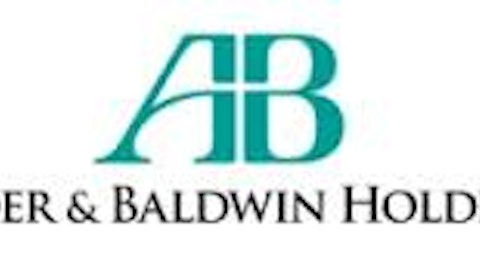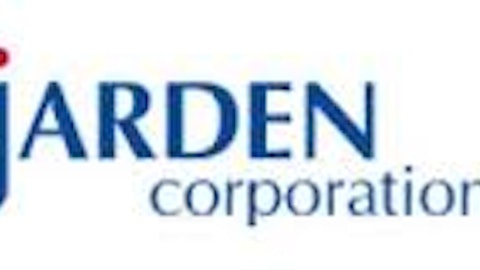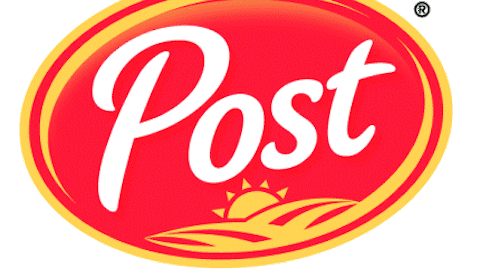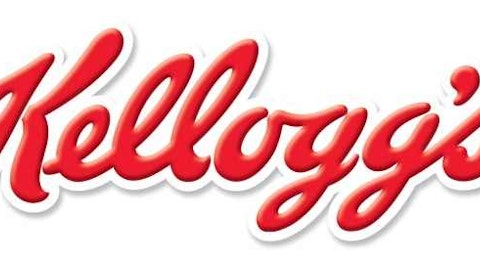Investors love stocks that consistently beat the Street without getting ahead of their fundamentals and risking a meltdown. The best stocks offer sustainable market-beating gains, with robust and improving financial metrics that support strong price growth. Does Kellogg Company (NYSE:K) fit the bill? Let’s look at what its recent results tell us about its potential for future gains.
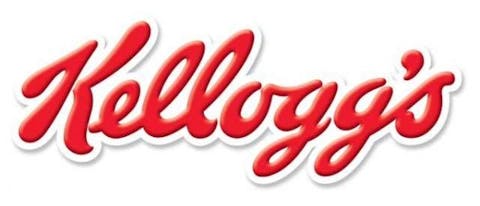
What we’re looking for
The graphs you’re about to see tell Kellogg Company (NYSE:K)’s story, and we’ll be grading the quality of that story in several ways:
Growth: Are profits, margins, and free cash flow all increasing?
Valuation: Is share price growing in line with earnings per share?
Opportunities: Is return on equity increasing while debt to equity declines?
Dividends: Are dividends consistently growing in a sustainable way?
What the numbers tell you
Now, let’s look at Kellogg Company (NYSE:K)’s key statistics:

K Total Return Price data by YCharts
| Passing Criteria | 3-Year* Change | Grade |
|---|---|---|
| Revenue growth > 30% | 18.3% | Fail |
| Improving profit margin | (35.1%) | Fail |
| Free cash flow growth > Net income growth | (0.9%) vs. (23.2%) | Pass |
| Improving EPS | (19.3%) | Fail |
| Stock growth (+ 15%) < EPS growth | 34% vs. (19.3%) | Fail |
Source: YCharts.
*Period begins at end of Q2 2010.

K Return on Equity data by YCharts
| Passing Criteria | 3-Year* Change | Grade |
|---|---|---|
| Improving return on equity | (31%) | Fail |
| Declining debt to equity | 43.9% | Fail |
| Dividend growth > 25% | 13.6% | Fail |
| Free cash flow payout ratio < 50% | 54.5% | Fail |
Source: YCharts.
*Period begins at end of Q2 2010.
How we got here and where we’re going
Things don’t look good for Kellogg Company (NYSE:K) today. The cereal maker musters only one out of nine passing grades, and even that single pass was granted more on a technicality than because of genuine improvement. Falling profit margins, resulting from a combination of higher materials costs and an ongoing price war with competitors, have been a major hindrance. There’s plenty of room for improvement, but will investors see real progress in the coming quarters? Let’s dig a little deeper to see what lies aheaf.
Kellogg Company (NYSE:K)’s latest quarterly revenue result showed year-over-year growth of 7%, an improvement largely driven by the company’s fairly recent Pringles acquisition. While the company’s breakfast segment tanked in the U.S. and Europe, it has experienced robust growth in Latin America and Asia-Pacific markets. Fool contributor Dan Moskowitz points out that both countries have experienced underwhelming recoveries in the best of cases, which has impeded Kellogg’s overall sales growth in recent quarters. In addition, India, which has a huge market potential, is now suffering the worst currency crisis in its history. However, the Chinese snack-food market, estimated at $12 billion, could be the key to Kellogg’s international prospects.
The competitive cereal industry might be getting a little tighter for Kellogg in other ways. Industry peer ConAgra Foods, Inc. (NYSE:CAG) acquired cereal maker Ralcorp at the end of 2012 for a price of $6.8 billion. This enhanced company has been focusing on new products, but my fellow Fool Rich Smith notes that ConAgra Foods, Inc. (NYSE:CAG) has already posted better revenue growth than Kellogg Company (NYSE:K) over the past five years without the aid of this acquisition. On the other hand, longtime rival General Mills, Inc. (NYSE:GIS) extended its product portfolio further away from cereals, which may be the key to sustaining its industry-leading growth rates.
Putting the pieces together
Today, Kellogg has few of the qualities that make up a great stock, but no stock is truly perfect. Digging deeper can help you uncover the answers you need to make a great buy — or to stay away from a stock that’s going nowhere.
The article Is Kellogg Destined for Greatness? originally appeared on Fool.com and is written by Alex Planes.
Fool contributor Alex Planes and The Motley Fool have no position in any of the stocks mentioned.
Copyright © 1995 – 2013 The Motley Fool, LLC. All rights reserved. The Motley Fool has a disclosure policy.

